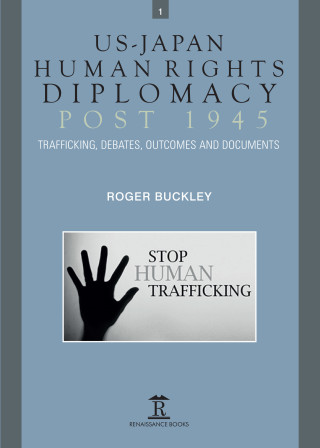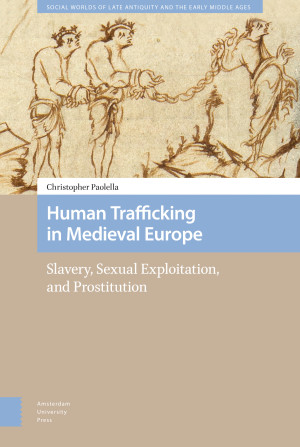"Das Buch verbindet Epochen, Räume und Aspekte des Themas Sklaverei, die üblicherweise getrennt voneinander erforscht und nebeneinander statt zusammen diskutiert werden. Besonders gelungen ist der systematische Blick auf die Rolle politischer Autoritäten in der Ausbildung lokaler, regionaler und überregionaler Netzwerke des Menschenhandels, der von den spätantiken Gesetzestexten bis zu den städtischen Regularien und reformatorischen Schriften entlang der Quellen mitvollzogen wird."
- Juliane Schiel, Wien, Historische Zeitschrift Vol. 314/2 (2022)
"Paolella brings a welcome theoretical framework to his analysis of human trafficking, and rightly positions gender as the main intersection where these issues must be analyzed. [...] Using women and children’s experiences, Paolella provides a link between early medieval slavery and its change to an urban nature in the late Middle Ages. [...] The monograph also provides stories of women in modern day America who have been victims of human trafficking, sexual exploitation, and sexual slavery. These are interspersed through the first and last chapters of the text in places where the same themes reoccur from the medieval to the present day. In this way, Paolella makes his study’s relevance clear: human trafficking is an ongoing issue that requires attention to both its history and its present-day occurrences."
- Angela Zhang, York University, Renaissance and Reformation / Renaissance et Réforme 44.2 (Spring 2021)
“This admirably broad and ambitious project carries the reader across a wide range of geographical, temporal, and linguistic contexts”
-Noel Lenski, Speculum, vol 98, no 3, July 2023

